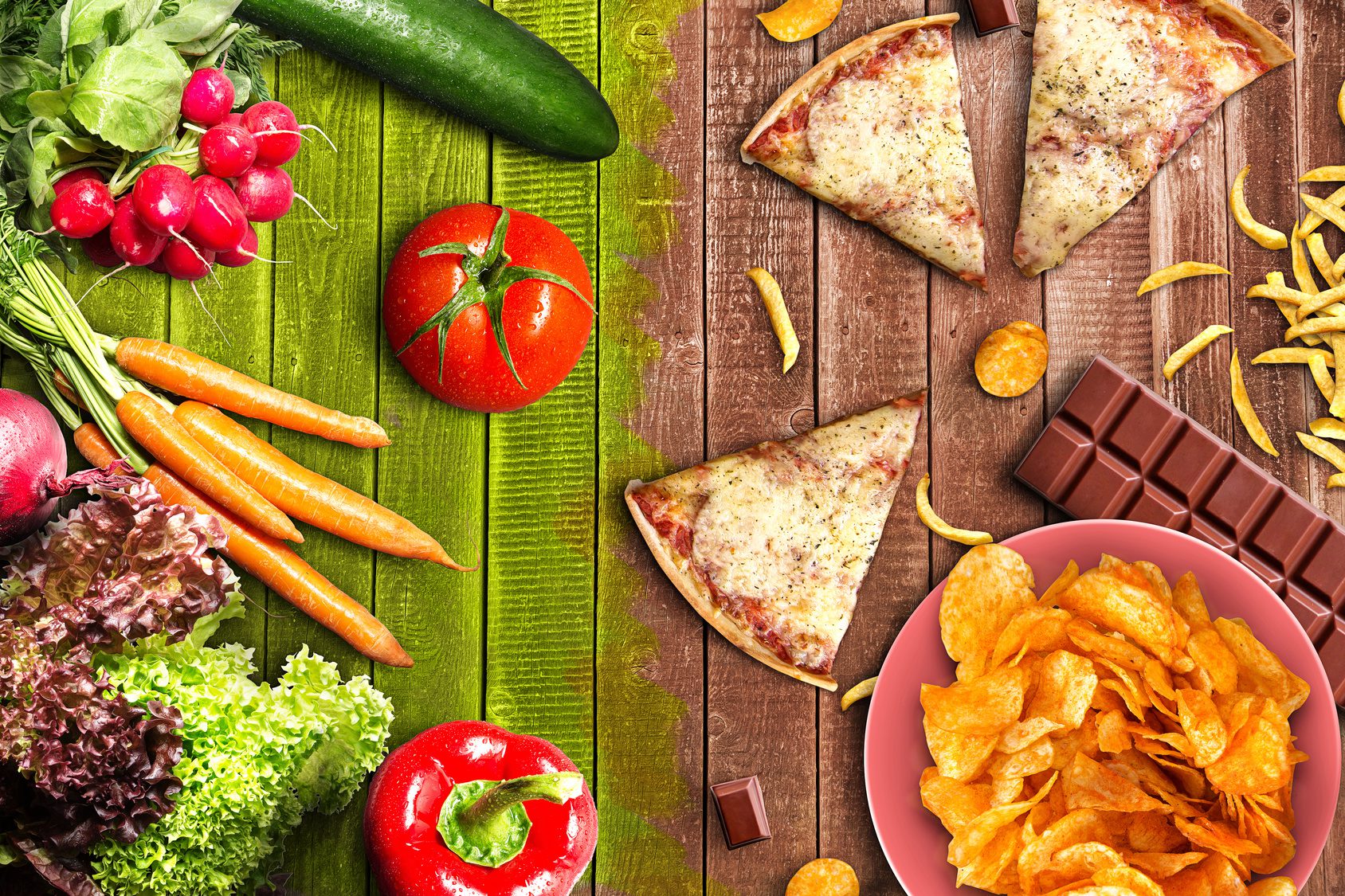Advertising can be a deceptive business, especially in the health food industry. For years, companies have churned out ineffective “healthy” products while collecting billions of dollars in revenue and profit.
When scientists try to spread the truth about these foods to avoid, their voices were suppressed by more and more funding for advertising and marketing campaigns (funding by the health food companies). Unfortunately, it’s a vicious cycle.
Quite simply, scientists could not get information out fast enough to keep up with lies spread through false advertising, ambiguous food labeling, and the use of deceitful buzzwords like “sugar-free,” “all-natural,” and so forth. The good news is, with enough research, you can take control of your health and make your own healthy food choices.
Here are 10 health foods to avoid:
1. Microwave Popcorn
In the day, workers making popcorn developed a strange disease that was simply called “popcorn lung.” The culprit? A chemical by the name of Diacetyl.
As with most public health hazards, word eventually got out to the public. Companies responded by eliminating diacetyl; only to replace it with other additives with the same effects as diacetyl: dry cough, shortness of breath, wheezing, phlegm production, fatigue, drowsiness, headache, aches, fever, and nausea.
The better option? Make your own organic popcorn with real butter or coconut oil. No, it isn’t necessarily the heathiest snack option, but it’s definitely a healthier version of this snack.
2. Margarine
Margarine flew off the shelves as a supposed healthier alternative to butter. The product was sold based on the notion that it contained less saturated fats than butter. The problem: margarine replaced saturated fats with trans fats.
Trans fats faced an immediate backlash from health professionals – and eventually garnered plenty of attention within the Food and Drug Administration (FDA).
In the end, companies once again “substituted” fats. Today, most margarine contains highly processed fats.
3. Certain vegetable oils
Like margarine, vegetable oils like canola oil cause an inflammatory response and are unhealthy by nearly every measure. The ingredients and processing methods of vegetable oils have been linked to medical conditions ranging from arteriosclerosis to vision problems.
A better option is extra virgin olive oil or coconut oil.
4. ‘Atlantic’ Salmon
The word ‘Atlantic,’ when preceding the word ‘Salmon,’ indicates that the fish was farmed. In many cases, farmed fish are treated with pesticides – including those of the banned variety. Farmed salmon (and other farmed fish) have been found to increase inflammation, contain pollutants, and increase the risk of several diseases.
A healthier alternative is wild-caught salmon, Atlantic mackerel, or Pacific sardines.
5. Table salt
Many of us enjoy a few light sprinkles of table salt to add some seasoning to a dish. But if we dig a bit deeper, we discover a correlation exists between table salt and hypertension (high blood pressure). A couple sprinkles here or there likely isn’t anything to be overly concerned with. You may just want to carefully monitor how much salt you’re putting on your food.
Healthier alternatives to table salt include Celtic sea salt and Himalayan salt.
6. Factory-farmed meat
Animals raised for meat in the U.S. – and other developed, high-population countries – are rarely grass-fed. Quite the opposite. Most of these animals are packed together in cages or stalls; collectively injected with millions of pounds of antibiotics, hormones, and other chemicals.
Consider this statistic: nearly half of all meat sampled in a study contained staph bacteria, including of the highly-resistant and potentially harmful variety.
7. Artificial Sweeteners
When introduced, diet sodas were seen as a Godsend for those who loved soda but hated all the added sugar. Something had to be added to give the product its sweetness, right?
Six things were added: aspartame, acesulfame, neotame, saccharin, stevia, and sucralose – “artificial sweeteners” for short.
Artificial sweeteners may trigger diabetes, disrupt gut flora, and brain tumors, breast cancer, seizures, and weight gain.
8. Seitan
For vegans, this one may hurt a bit. On the surface, seitan appears to be a terrific meat replacement. However, there are two properties of seitan that aren’t particularly healthy, (1) it consists almost entirely of gluten and (2) the product’s excessive sodium levels (a ½ cup contains nearly 580 milligrams).
A better option is tempeh, which also has plenty of probiotics.
9. Shrimp
Shrimp is beloved by millions around the globe. In many places, the seafood is raised the right way and sold as a natural, whole product. That’s just not the case for the U.S. and perhaps some other developed countries, as well.
Around 90 percent of U.S. shrimp purchased by consumers is imported and farmed, and subjected to pesticide treatments. Shrimp farm pond waters are treated with pesticides; some of which have been known to produce symptoms linked to Attention-Deficit Hyperactivity Disorder (ADHD) and other cognitive impairments.
10. Fruit juice
Fruit juice seems like a very healthy beverage – that is until you read the label.
Usually, the actual fruit contained within the juice is around 5 to 10 percent. Fruit juice is also saturated with sugar, causing glucose levels to spike. Consuming too much fruit juice is also potentially unhealthy for the pancreas.
Fruit juice can be purchased naturally. It’s best to look for fruit that has undergone “pressing” – the extraction of juice from the whole fruit.














